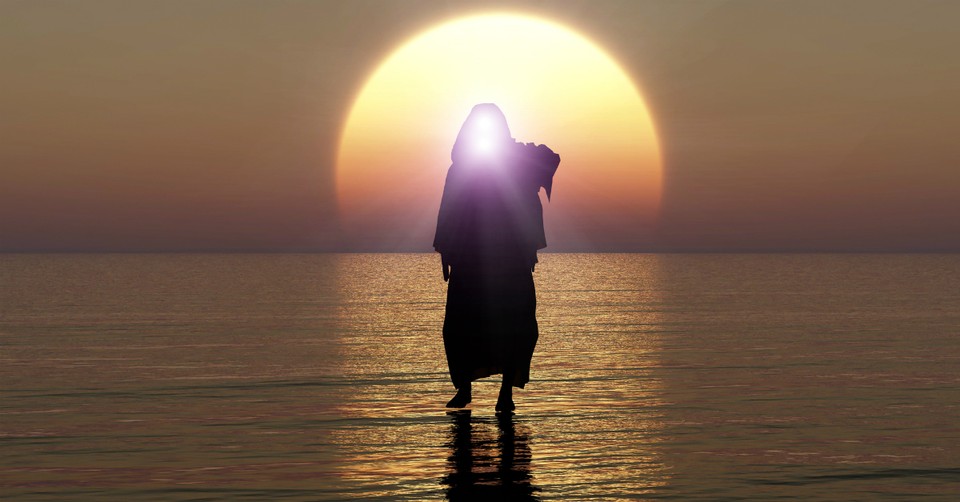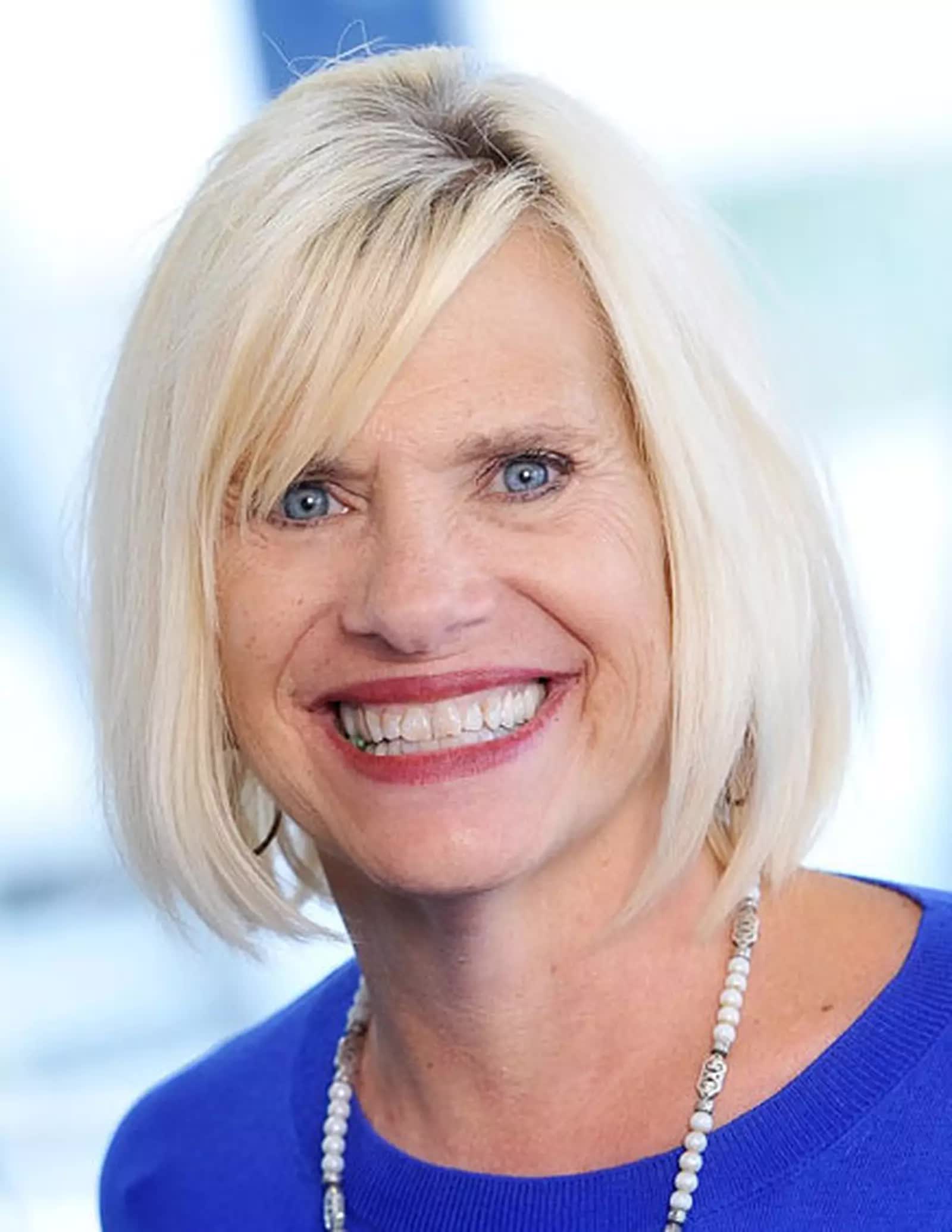What Is the Significance of El Shaddai?

Many of us remember Amy Grant singing, the powerful worship song, “El Shaddai”. One of the most compelling lines of that song was “age to age you’re still the same by the power of your name.”
As we consider our present culture, what are the implications of God being El Shaddai for us as believers and for the church moving forward? Let's explore the El Shaddai meaning and more.
El Shaddai Meaning
Let's dive into the El Shaddai meaning. El Shaddai is one of the Hebrew names for God. It is typically translated in English as, “God Almighty.”
El is the Hebrew word translated, “God” and is usually combined with other words that describe a character trait of God. Most Bible scholars say that Shaddai is derived from the Hebrew word, “shaddu” meaning mountain. As a result the most common interpretation of the name El Shaddai is God Almighty or God the “Overpowerer.” It speaks to God’s might over man’s frailty.
Other Bible scholars have said that, Shaddai is from the Hebrew root word, “Shad” meaning “breast”. In addition to El Shaddai speaking of God as being almighty, El Shaddai also speaks to His ability to nurture and satisfy. These scholars say that the name speaks to God as being nourishing, satisfying and supplying all our needs as a mother would her child.
Even though “Almighty God” is the more common translation, God is in addition to being almighty also nurturing and sustaining. We see this all throughout the Old Testament.
Where in the Bible Does the Name El Shaddai Appear?
In the Old Testament, the name, El Shaddai, appears at least 40 times. Many of those times are in the book of Job and several are in the book of Genesis.
We first see God identify Himself as El Shaddai when talking with Abraham in the book of Genesis. (Genesis 17:1) Abraham was 99 years old and the LORD (Jehovah) appeared to Abram and identified Himself as El Shaddai. Abram fell face down before the LORD. God asked Abram to walk before Him and to live righteously, and He promised that He would make a covenant with him.
If Abram walked before Him in righteousness, El Shaddai promised to make Abram very fruitful. Though, Abraham’s body was old and frail, God was showing Himself as the God who was mighty in the face of the impossible. He was all powerful and all sufficient to meet every need of Abram’s.
In Genesis 28:3, we see Isaac (the son of Abraham) blessing his son, Jacob as he sends him away to find a wife with the words, “May God Almighty (El Shaddai) bless you and make you fruitful and increase your numbers until you become a community of peoples.” Again, in this verse we see God identified as the Almighty God who will sustain Jacob and make him fruitful.
In Genesis 35:11, God Himself speaks to Jacob and identifies Himself as El Shaddai, God Almighty who reminds Jacob of the covenant promise He gave Abraham. Jacob is to “Be fruitful and increase in number. A nation and a community of nations will come from you, and kings will be among your descendants.” In this verse yet again, we are reminded that El Shaddai is the God Almighty who makes a covenant with His people and keeps His promises.
In Genesis 43:14, Jacob blesses His sons as they go looking for food in Egypt during the famine that ravished the land. Jacob blesses his sons asking God Almighty (El Shaddai) to bless them protect them, and grant them mercy as they go.
Later, Jacob as an old man blesses his son Joseph and sons with the words, “God almighty appeared to me at Luz in the land of Canaan, and there He blessed me and said to me, ‘I am going to make you fruitful and increase your numbers. I will make you a community of peoples, and I will give this land as an everlasting possession to your descendants after you’” (Genesis 48:3). Again, God is identified as God Almighty the God who makes a covenant, promises fruitfulness and keeps His promises.
From these different passages, it seems that all the times this name for God is used it is attached to the God who makes a covenant promise and is powerful enough to keep and fulfill that promise. His powerful sustaining presence continually over shadows man’s inadequacy and provides.
What Does El Shaddai Teach Us about the God We Serve?
God is El Shaddai who overcomes our inadequacy. As El Shaddai, God continually overcomes our inadequacy. What a powerful promise for our lives today.
Our inadequacy shows up in all areas of life and most especially in the area of holiness. In and of ourselves, we are not enough. However, we have El Shaddai who is more than adequate. He has provided the way for all our inadequacy to be covered and forgiven through His Son, Jesus Christ. Now, we are under the New Covenant and our righteousness is actually the righteousness of Christ.
It is His adequacy that covers our inadequacy. His robe of righteousness covering over the frailty of our sinfulness. He is powerful enough to save us and sustain us.
God is El Shaddai who is the promise keeper. He always keeps His Word and we can trust Him. Just as God kept his covenant with Abraham, Isaac and Jacob, we can trust Him to keep His promises to us today. This was what the writer of Hebrews we getting at in Hebrews 11, when he recounts the story after story of those who dared to believe God and trusted Him to keep His promises.
It’s easy when life is difficult to doubt the promises that El Shaddai has given us. However, His very name speaks to the fact that He is Almighty and faithful to keep His promises. He is El Shaddai and you can trust Him to keep His promises to you.
God is El Shaddai who protects us. When Jacob sent his sons off to Egypt to find food and he prayed that El Shaddai would bless his sons and have mercy on them and protect them. There is great comfort with the increase of illness, violence and evil in our world to know that the God we serve, El Shaddai protects us with His power.
It may not always look from our human understanding as though He is protecting us, but we can rest assured. He will keep us held within the security of His Almighty had through eternity and nothing can pluck us from His hand. (John 10:28).
God is El Shaddai who overcomes our inadequacy and makes us fruitful. Every time the name El Shaddai is used in the book of Genesis it seems to tie in some way to God’s covenant promise to make man fruitful. God wants our lives to be fruitful. As El Shaddai, He overcomes our inadequacy and bring fruitfulness even out of the different trials we face.
Our part is to exercise our faith in order to trust that God will do as He promised. His part is to bring about the fruitfulness. Just as Jesus said, when teaching in John 15, as we remain or abide in Him, His Holy Spirit produces the fruit. As we learn to abide, the need to strive and perform diminishes. We learn to relax and trust El Shaddai to do the work.
As we look at the uncertainty in our world today and the tumultuous times in which we live, what a comfort to realize the we are held secure by El Shaddai! He is the Almighty God who overcomes all our weaknesses, provides for our every need, protects our lives and makes us fruitful. We can trust that even when we can’t see Him working, He is working and He will always keep His promises.
Related Resource: Listen to our FREE podcast, Faith Over Fear! You can find all of our episodes on LifeAudio.com. Listen to our episode on El Shaddai by clicking the play button below!
Photo Credit: ©GettyImages/Ryan Rad


Originally published July 20, 2021.




